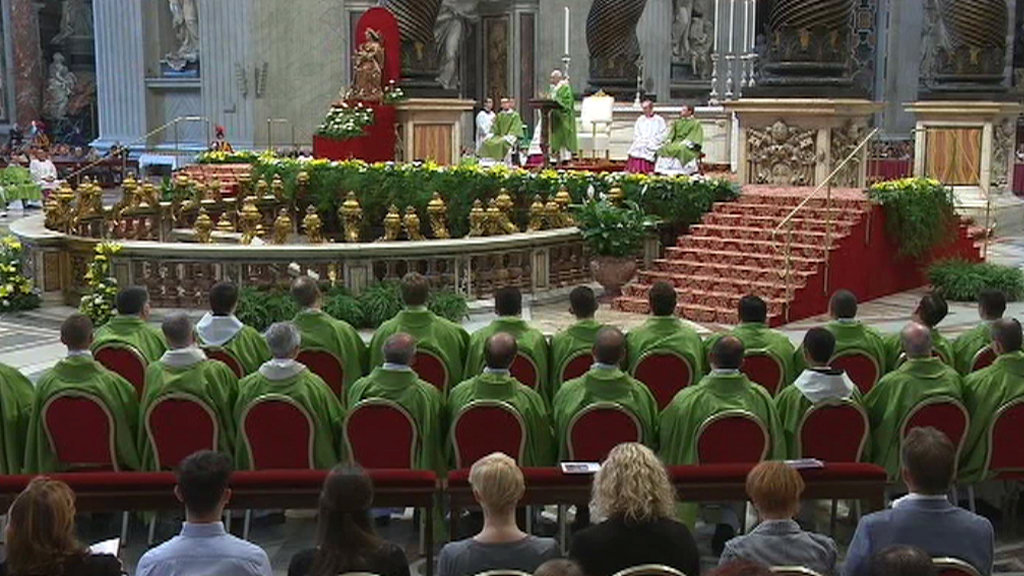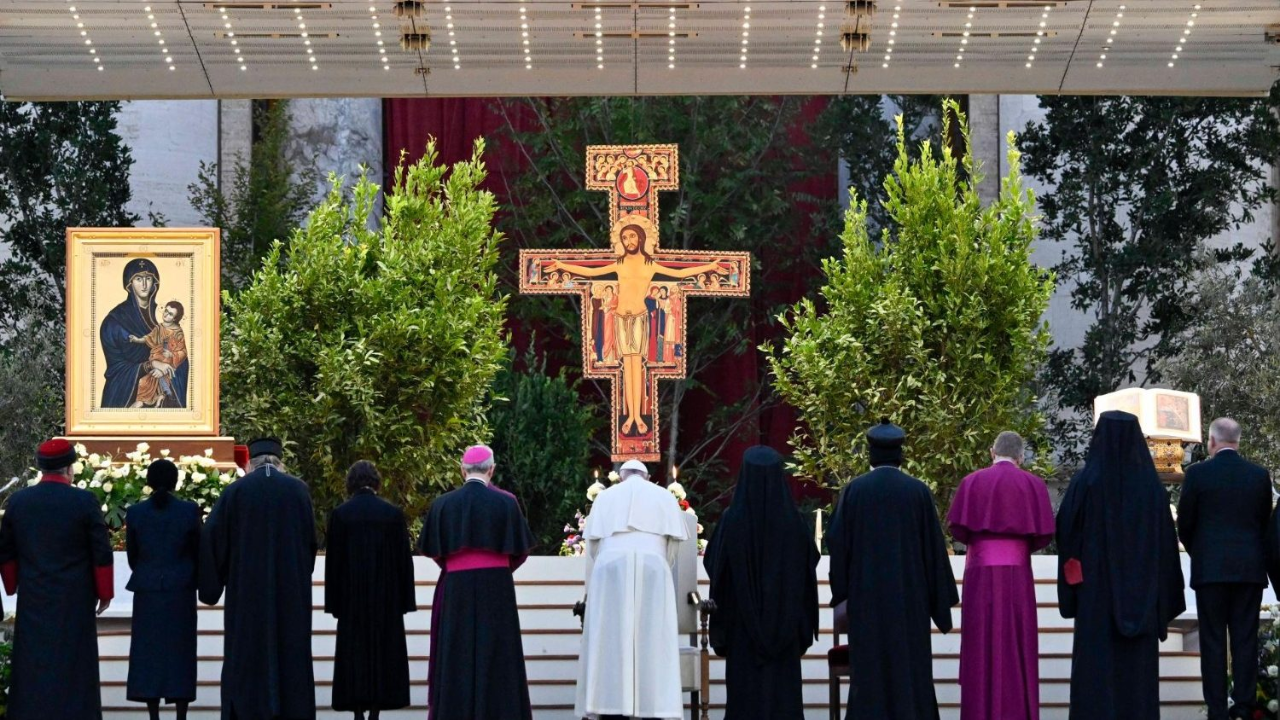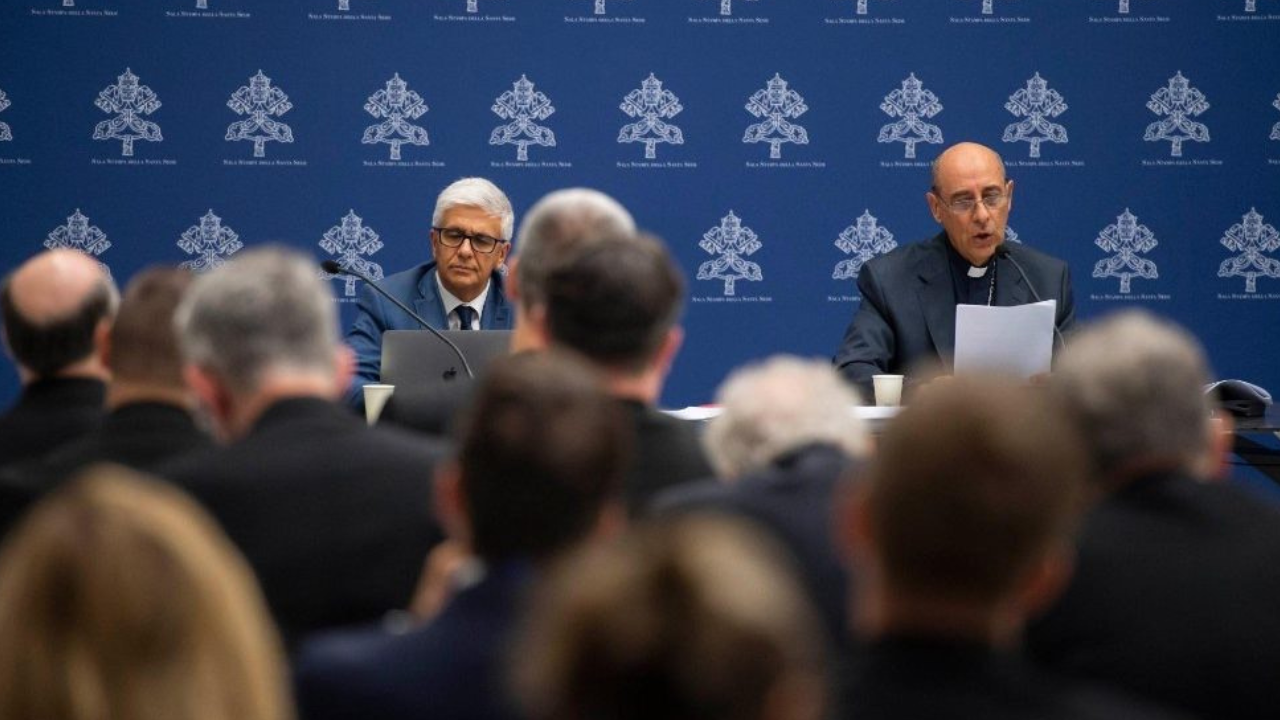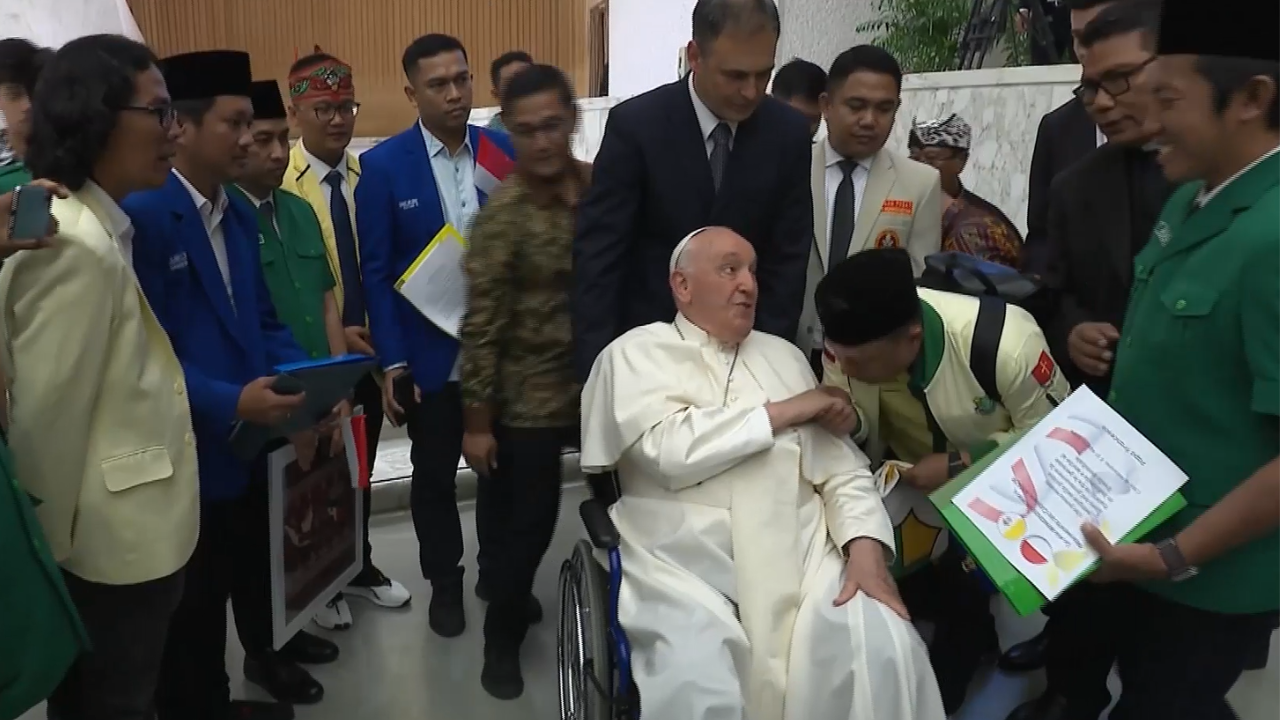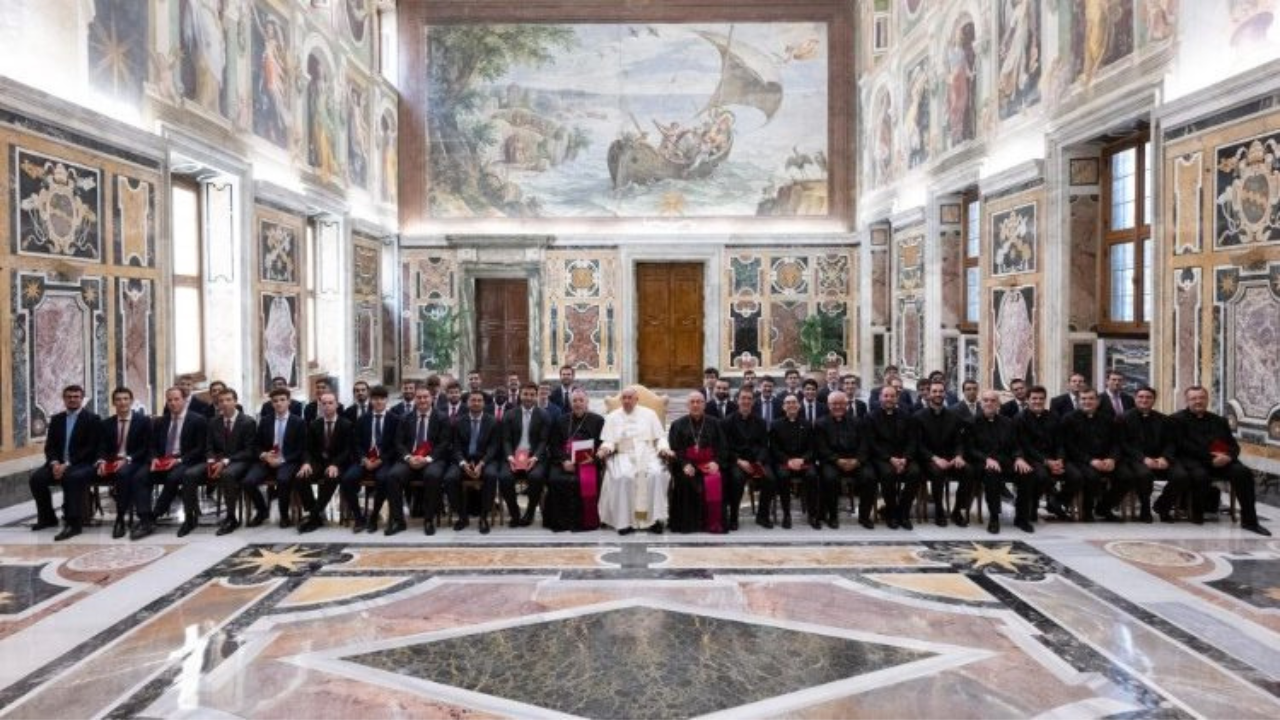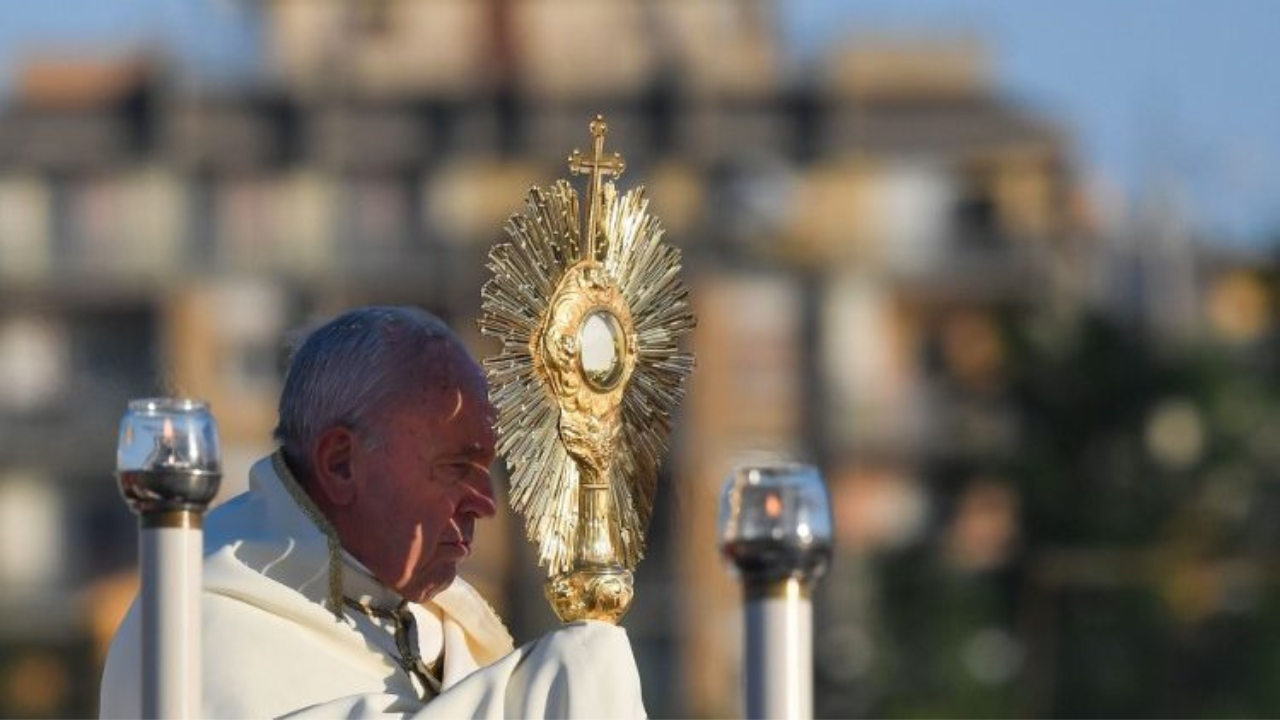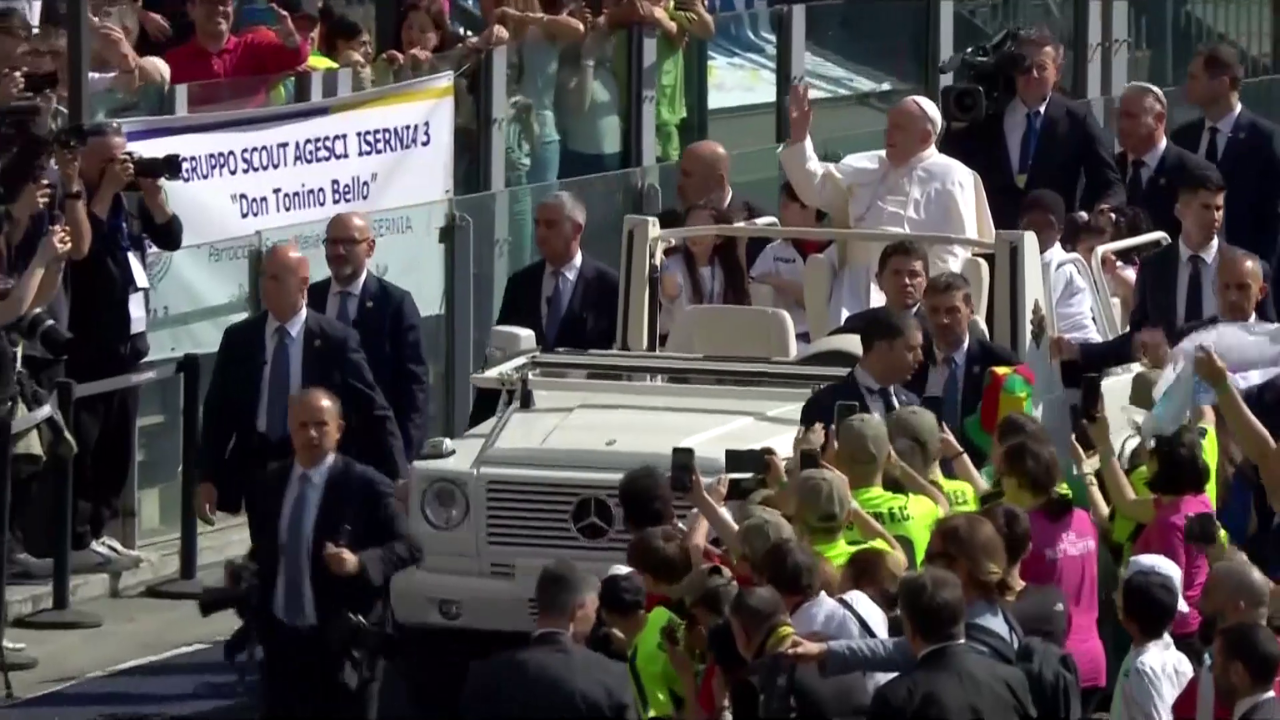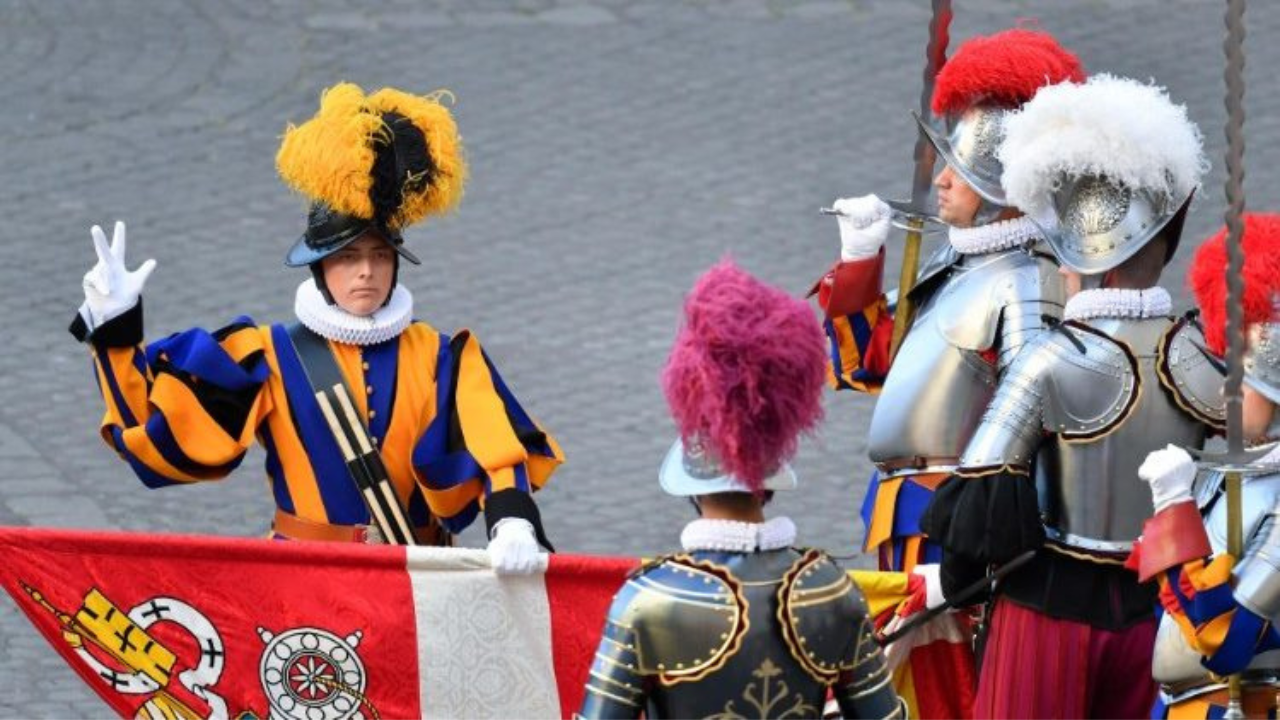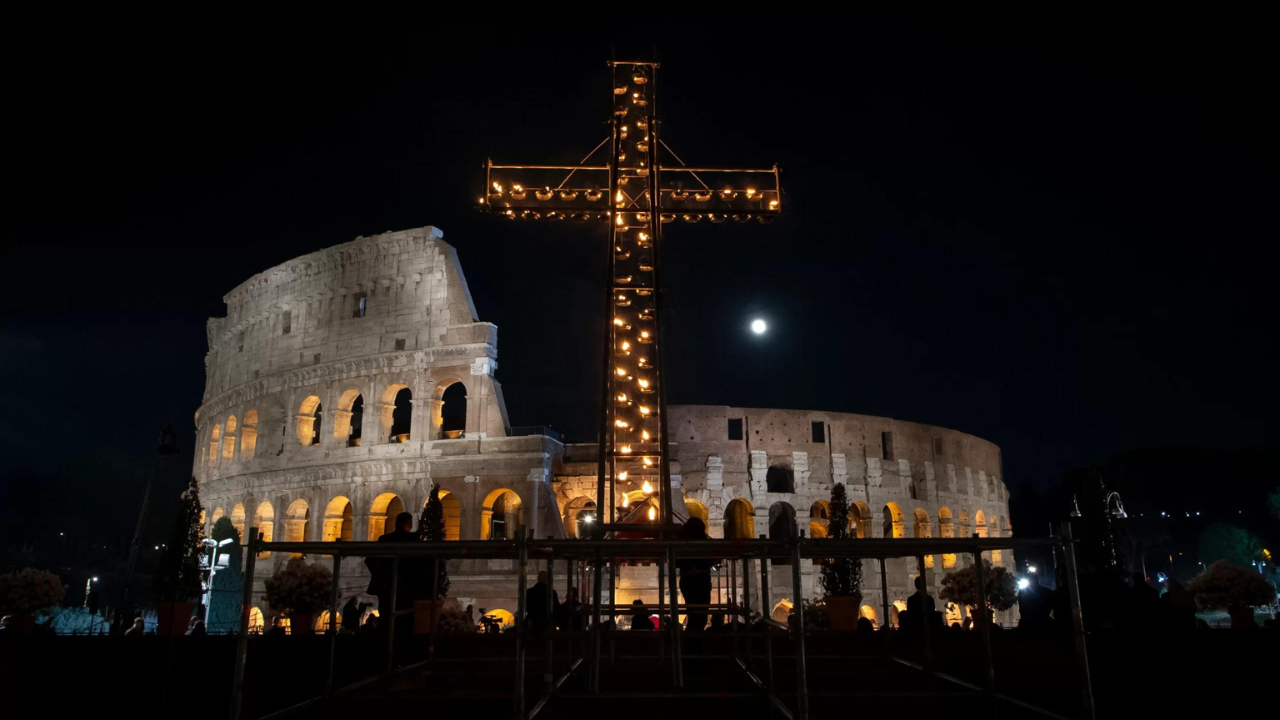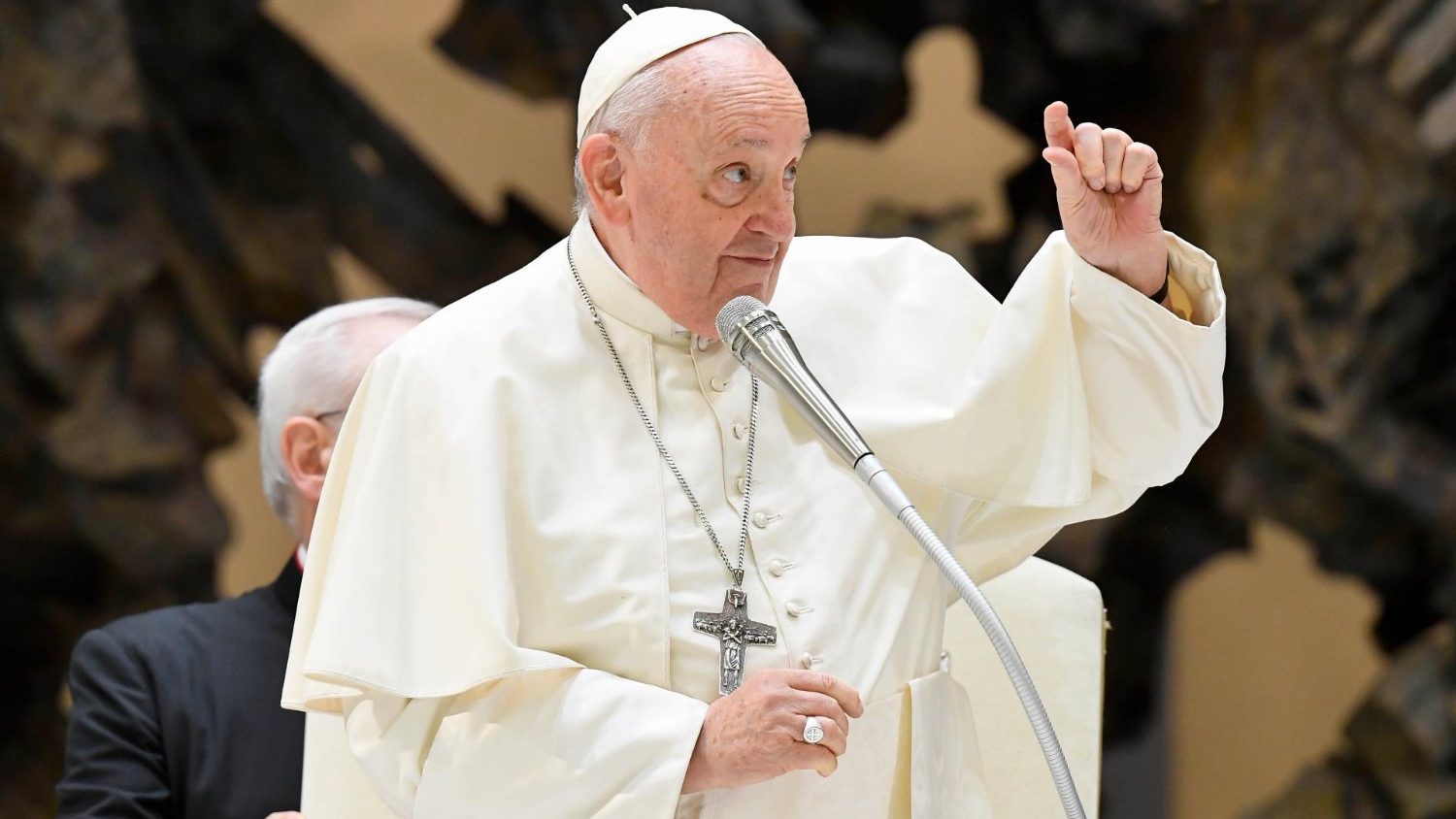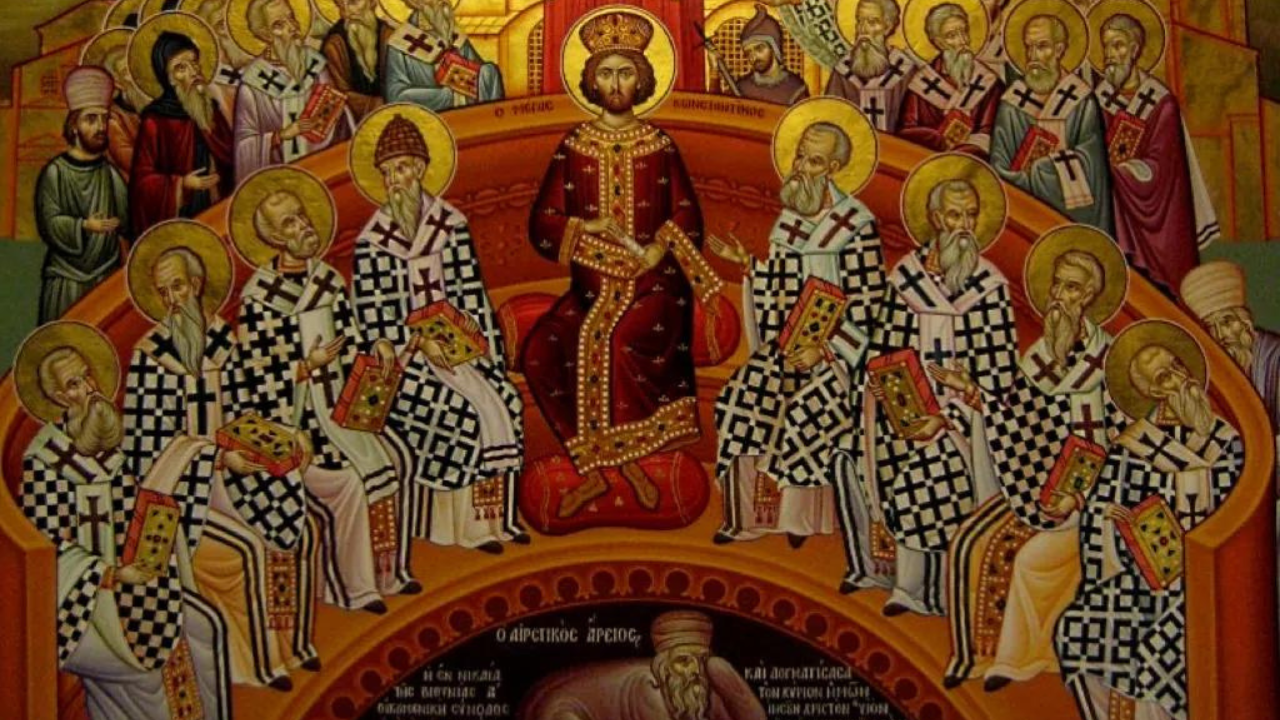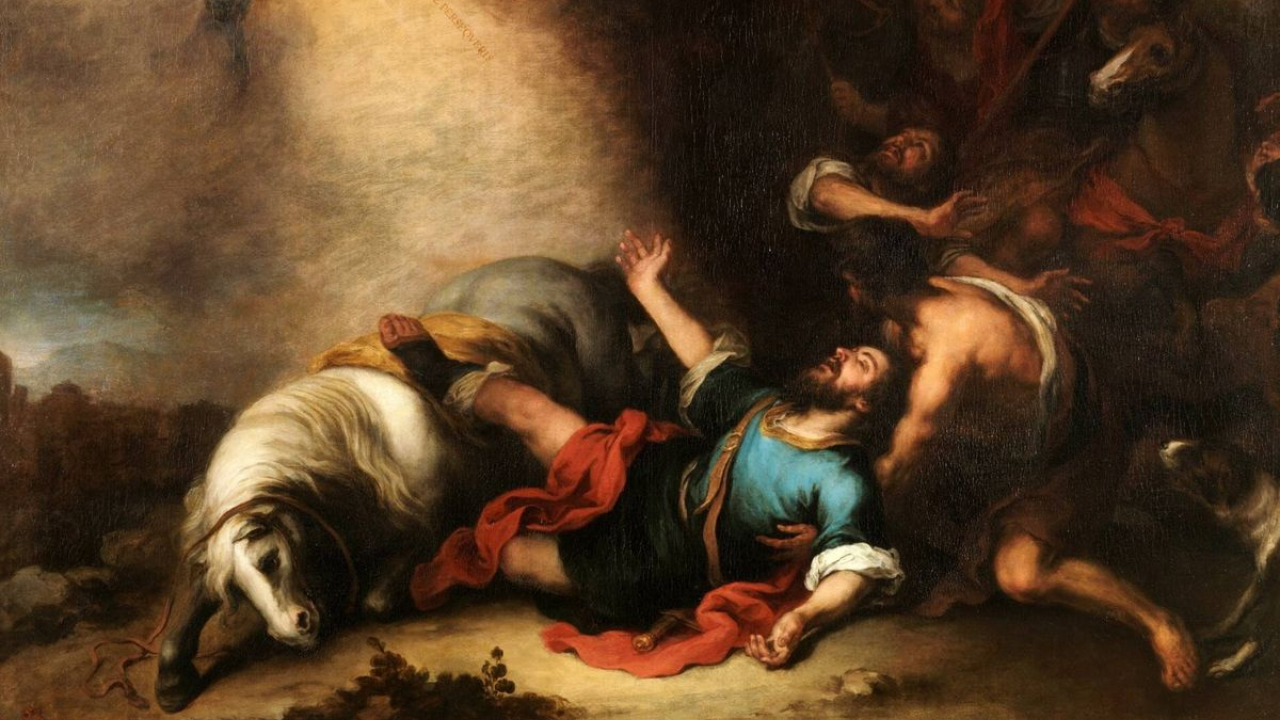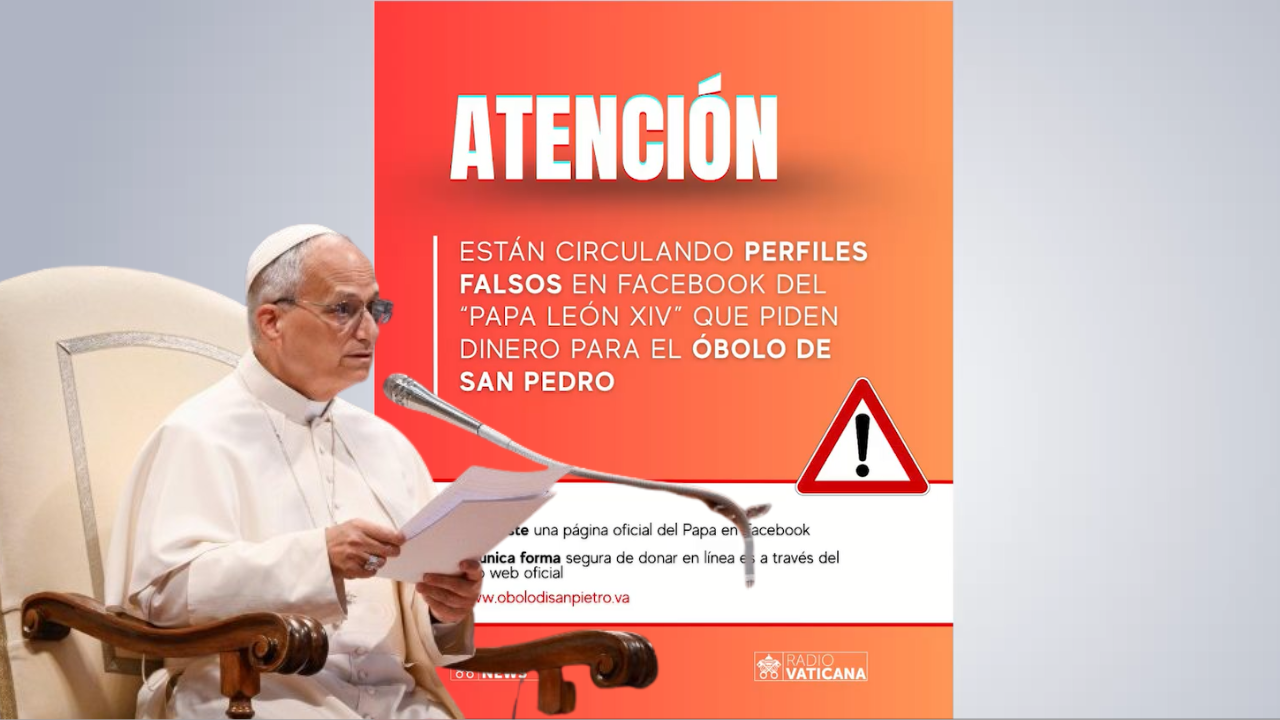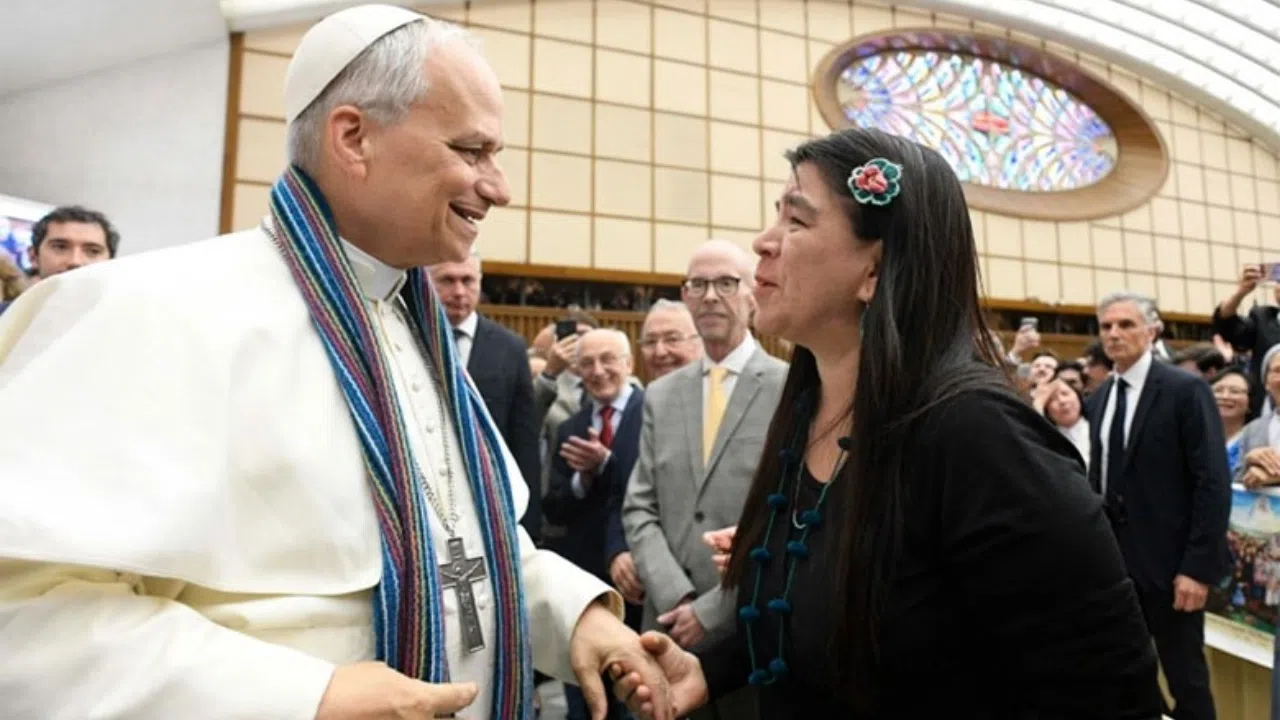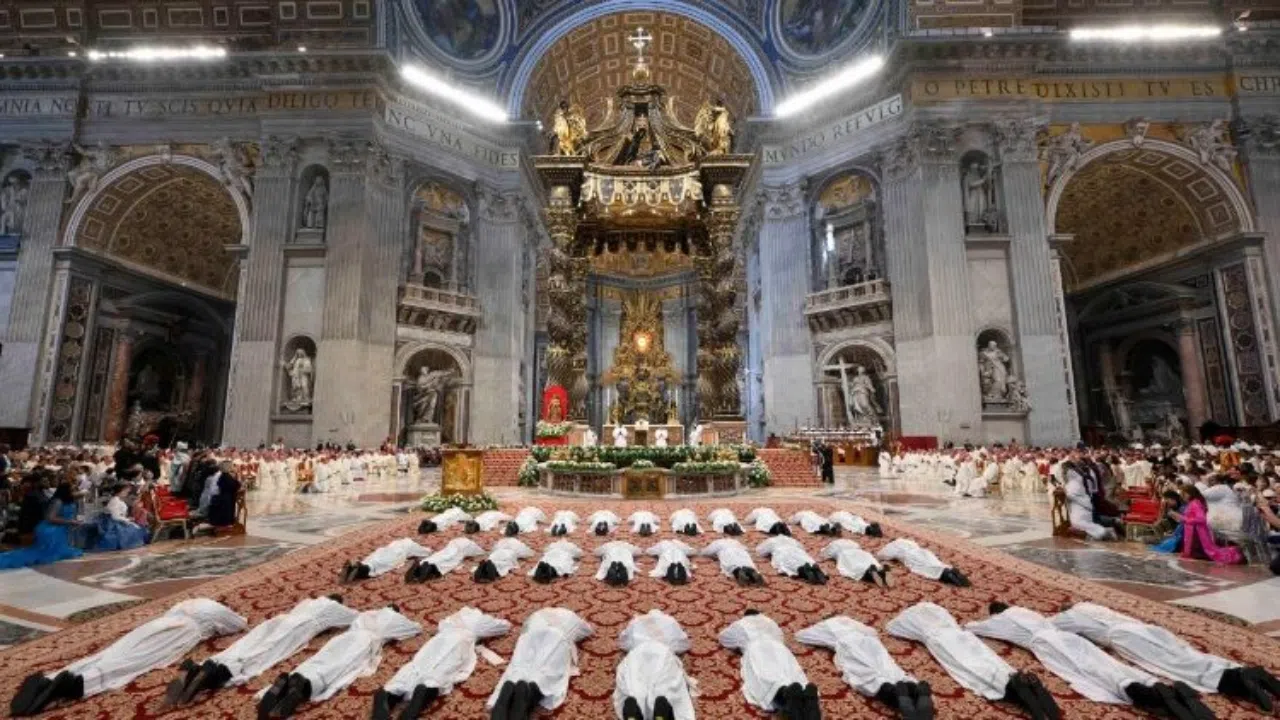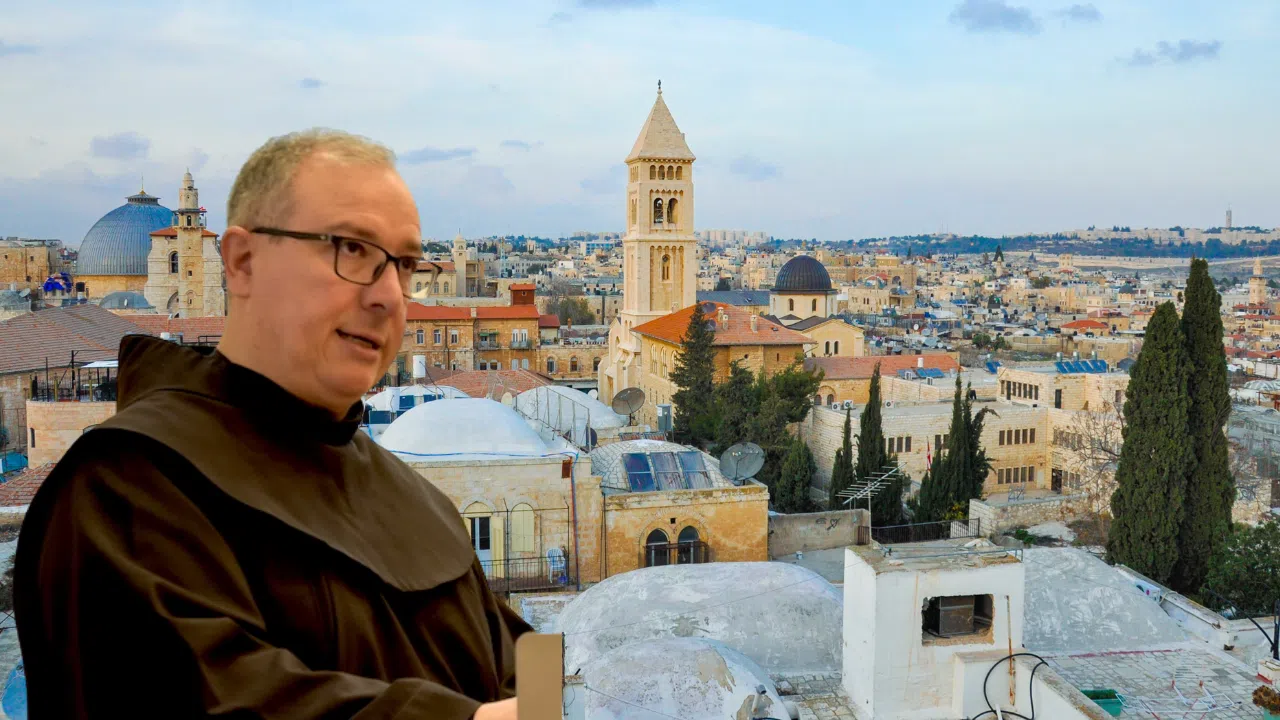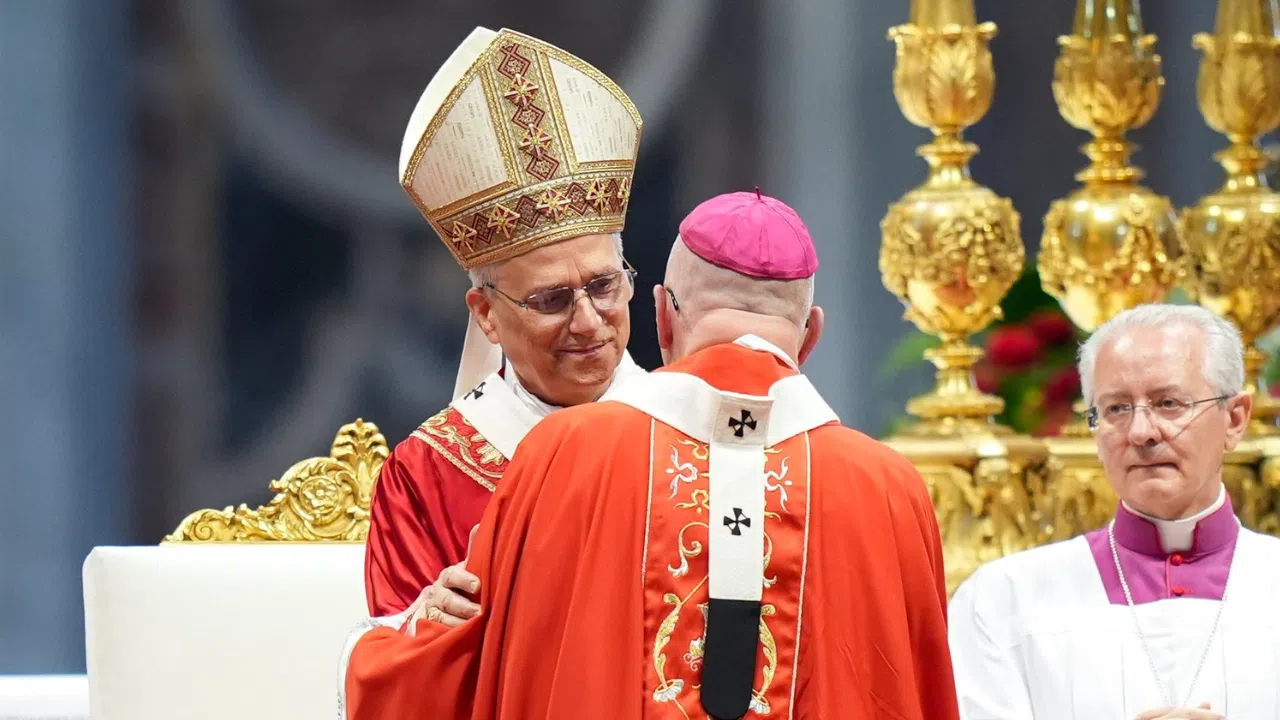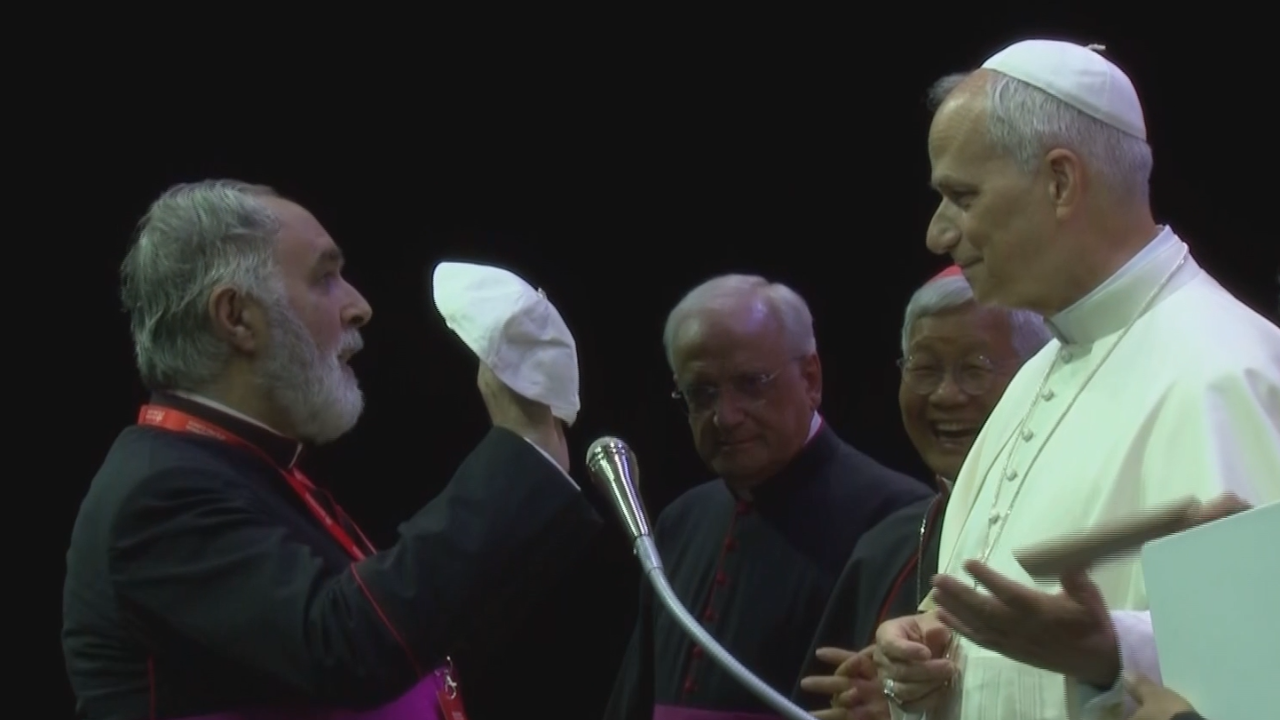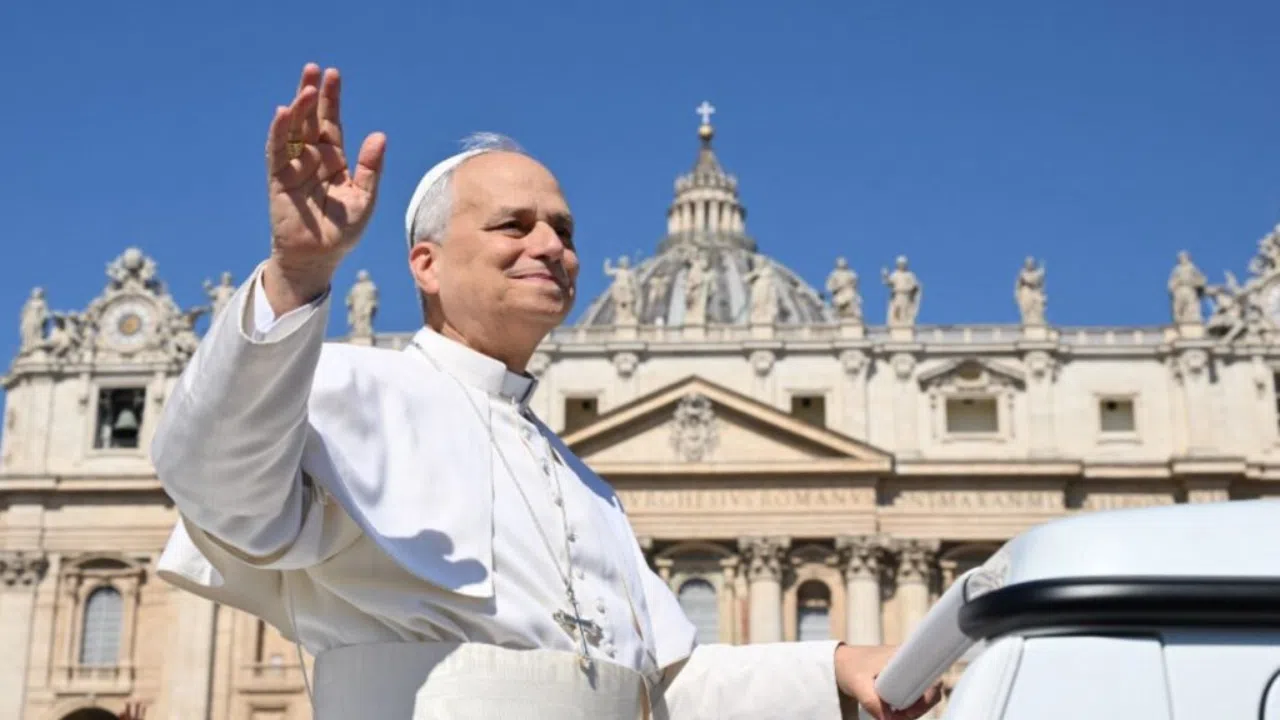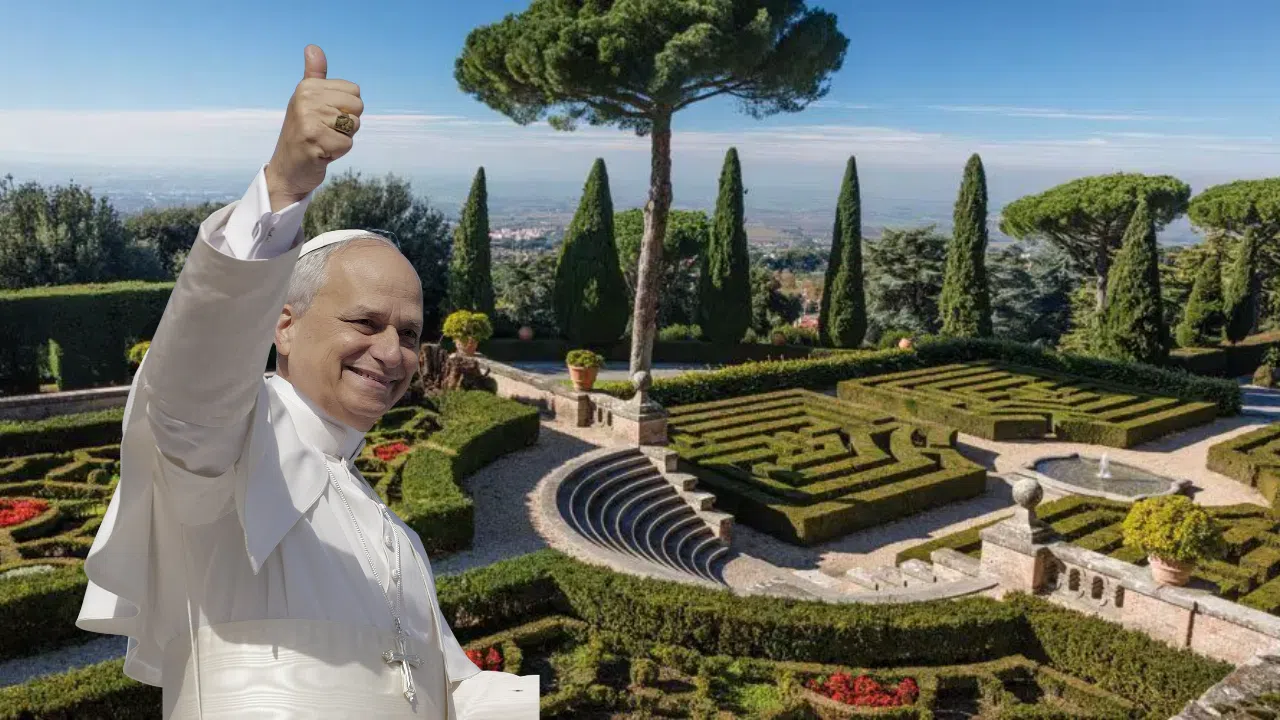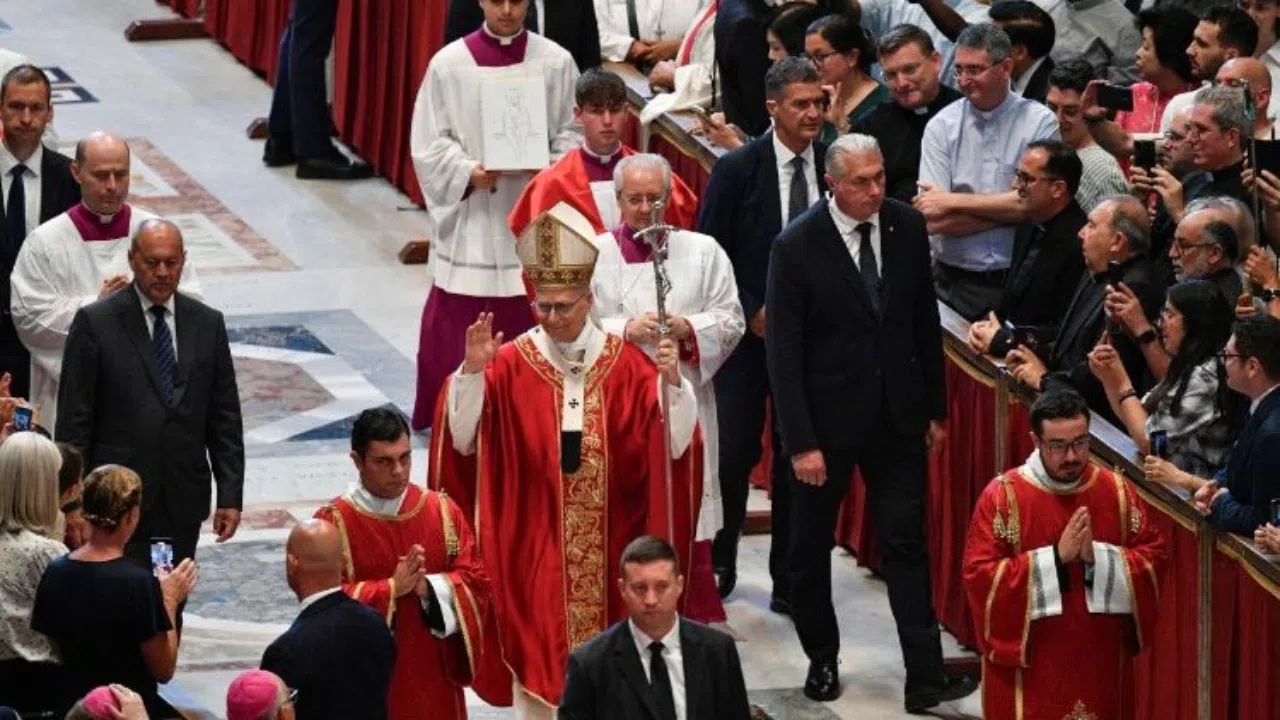The three Readings for this Sunday show us Godâ??s compassion, his fatherhood, definitively revealed in Jesus.
In the midst of a national disaster, the people deported by their enemies, the prophet Jeremiah proclaims that 'the Lord has saved his people, the remnant of Israelâ? (31:7). Why did he save them? Because he is their Father (cf. v. 9); and as a Father, he takes care of his children and accompanies them on the way, sustaining 'the blind and the lame, the women with child and those in labourâ? (31:8). His fatherhood opens up for them a path forward, a way of consolation after so many tears and great sadness. If the people remain faithful, if they persevere in their search for God even in a foreign land, God will change their captivity into freedom, their solitude into communion: what the people sow today in tears, they will reap tomorrow in joy (cf. Ps 125:6).
We too have expressed, with the Psalm, the joy which is the fruit of the Lordâ??s salvation: 'our mouth was filled with laughter, and our tongues with shouts of joyâ? (v. 2). A believer is someone who has experienced Godâ??s salvific action in his life. We pastors have experienced what it means to sow with difficulty, at times in tears, and to rejoice for the grace of a harvest which is beyond our strength and capacity.
The passage from the Letter to the Hebrews shows us Jesusâ?? compassion. He also 'is beset with weaknessâ? (5:2), so that he can feel compassion for those in ignorance and error. Jesus is the great high priest, holy and innocent, but also the high priest who has taken on our weakness and been tempted like us in all things, save sin (cf. 4:15). For this reason he is the mediator of the new and definitive covenant which brings us salvation.
Todayâ??s Gospel is directly linked to the First Reading: as the people of Israel were freed thanks to Godâ??s fatherhood, so too Bartimaeus is freed thanks to Jesusâ?? compassion. Jesus has just left Jericho. Even though he has only begun his most important journey, which will take him to Jerusalem, he still stops to respond to Bartimaeusâ?? cry. Jesus is moved by his request and becomes involved in his situation. He is not content to offer him alms, but rather wants to personally encounter him. He does not give him any instruction or response, but asks him: 'What do you want me to do for you?â? (Mk 10:51). It might seem a senseless question: what could a blind man wish for if not his sight? Yet, with this question made face to face, direct but respectful, Jesus shows that he wants to hear our needs. He wants to talk with each of us about our lives, our real situations, so that nothing is kept from him. After Bartimaeusâ?? healing, the Lord tells him: 'Your faith has made you wellâ? (v. 52). It is beautiful to see how Christ admires Bartimaeusâ?? faith, how he has confidence in him. He believes in us, more than we believe in ourselves.
There is an interesting detail. Jesus asks his disciples to go and call Bartimaeus. They address the blind man with two expressions, which only Jesus uses in the rest of the Gospel. First they say to him: 'Take heart!â?, which literally means 'have faith, strong courage!â?. Indeed, only an encounter with Jesus gives a person the strength to face the most difficult situations. The second expression is 'Rise!â?, as Jesus said to so many of the sick, whom he took by the hand and healed. His disciples do nothing other than repeat Jesusâ?? encouraging and liberating words, leading him directly to Jesus, without lecturing him. Jesusâ?? disciples are called to this, even today, especially today: to bring people into contact with the compassionate Mercy that saves. When humanityâ??s cry, like Bartimaeusâ??, becomes stronger still, there is no other response than to make Jesusâ?? words our own and, above all, imitate his heart. Moments of suffering and conflict are for God occasions of mercy. Today is a time of mercy!
There are, however, some temptations for those who follow Jesus. Todayâ??s Gospel shows at least two of them. None of the disciples stopped, as Jesus did. They continued to walk, going on as if nothing were happening. If Bartimaeus was blind, they were deaf: his problem was not their problem. This can be a danger for us: in the face of constant problems, it is better to move on, instead of letting ourselves be bothered. In this way, just like the disciples, we are with Jesus but we do not think like him. We are in his group, but our hearts are not open. We lose wonder, gratitude and enthusiasm, and risk becoming habitually unmoved by grace. We are able to speak about him and work for him, but we live far from his heart, which is reaching out to those who are wounded. This is the temptation: a 'spirituality of illusionâ?: we can walk through the deserts of humanity without seeing what is really there; instead, we see what we want to see. We are capable of developing views of the world, but we do not accept what the Lord places before our eyes. A faith that does not know how to root itself in the life of people remains arid and, rather than oases, creates other deserts.
There is a second temptation, that of falling into a 'scheduled faithâ?. We are able to walk with the People of God, but we already have our schedule for the journey, where everything is listed: we know where to go and how long it will take; everyone must respect our rhythm and every problem is a bother. We run the risk of becoming the 'manyâ? of the Gospel who lose patience and rebuke Bartimaeus. Just a short time before, they scolded the children (cf. 10:13), and now the blind beggar: whoever bothers us or is not of our stature is excluded. Jesus, on the other hand, wants to include, above all those kept on the fringes who are crying out to him. They, like Bartimaeus, have faith, because awareness of the need for salvation is the best way of encountering Jesus.
In the end, Bartimaeus follows Jesus on his path (cf. v. 52). He did not only regain his sight, but he joined the community of those who walk with Jesus. Dear Synod Fathers, we have walked together. Thank you for the path we have shared with our eyes fixed on Jesus and our brothers and sisters, in the search for the paths which the Gospel indicates for our times so that we can proclaim the mystery of family love. Let us follow the path that the Lord desires. Let us ask him to turn to us with his healing and saving gaze, which knows how to radiate light, as it recalls the splendour which illuminates it. Never allowing ourselves to be tarnished by pessimism or sin, let us seek and look upon the glory of God, which shines forth in men and women who are fully alive.
